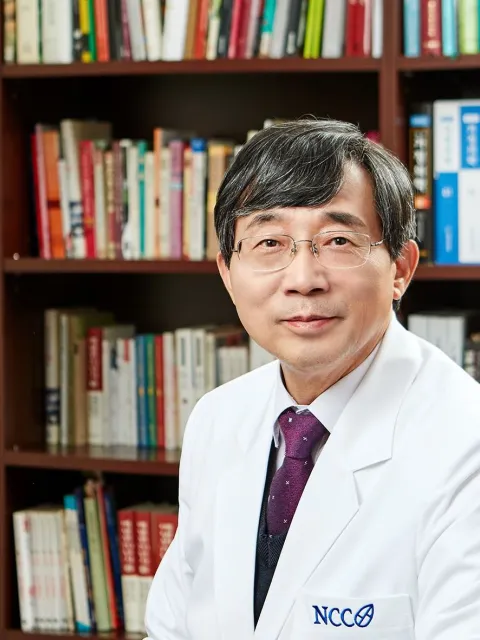Increasing the chances of surviving cancer through early detection
UICC signed a new partnership agreement with CUBEBIO, a diagnostic and biomedical company from South Korea that focuses on the development of self-screening tests to detect cancer very early.

The earlier cancer is detected the higher the chance that it can be successfully treated, often at lower costs and with fewer side effects for patients. Among the 18 million new cancer cases in 2018, nearly 5 million cases could have been detected and treated earlier, says the International Agency for Research on Cancer (IARC).
UICC and CUBEBIO will develop a report together to draw attention to the life-saving importance of early detection. The report will feature good practices for hospitals, doctors and patients and presently available technologies.
In this interview, Mrs Choi, Eun-Jong, Chief Executive Officer at CUBEBIO highlights the advances in early self-diagnosis and her motivations for this partnership.
Why do so many cancer cases remain undetected until it is too late?
There are certainly many reasons for this, and the reality is not the same all over the world. In low- and middle-income countries the infrastructure does not provide the same opportunities for early detection as in high-income countries and many people do not have the financial means to go to a hospital.
On the individual level, the reasons seem to be quite universal. People might not read the signs of illness well enough; they fear the diagnosis, or they do not find the time to see a doctor and want to avoid complicated testing procedures.
Your company has developed a self-screening test that could improve the early detection of cancer. Could you explain how the test works?
CUBEBIO’s self- diagnostic device uses urine as a specimen. It can distinguish healthy people from cancer patients and it can accurately identify and track 13 different cancer types within approximately 15 minutes. We have conducted numerous randomised clinical trials in South Korea to test the technology and passed the verification tests with a 90% accuracy.
Once this technology is approved, people would be able to easily conduct the test at home by collecting a few drops of urine and putting them on the sensor. If the test results are positive the device tells them to seek further medical advice. The doctors can then proceed with other testing for the accurate diagnosis of the cancer type.
When will this product be available in the markets?
Hospitals in Korea, China and the Philippines already use our urine tests to detect the cancer type of their patients, in addition to other tests.
The self- diagnostic device was developed with South Korean urine samples and therefore still needs to be tested further in other countries with different urine samples. The dietary habits and the environment make the urine substances very different. We aim to enter into partnerships with cancer organisations in other countries to co-develop the device further through additional trials in each country.
We have completed a series of successful meetings with Russia, China, Uzbekistan, Kazakhstan, Azerbaijan, Belarus, Tajikistan, Kyrgyzstan, Moldova, Armenia, and others. The representatives of each country will be visiting CUBEBIO in Seoul, South Korea at the end of September 2019. We will conduct a randomised clinical trial in front of our guests to allow them to get a first-hand look at how our self-diagnostic device works. On September 26, we will hold a contract signing ceremony for the export and localisation of CUBEBIO’s cancer self-diagnostic device.
With this contract signing ceremony as a starting point, we believe that the era in which cancer is no longer a threatening disease will come much closer.
What do you expect from the partnership with UICC?
We joined UICC as a patron partner to increase CUBEBIO’s global visibility and to establish an international network. The self-diagnosis is still a fairly new concept in the field of cancer diagnosis. When people think of self-diagnosis, they usually associate it with breast examinations, for example, to see if there are any lumps. Our self-diagnostic device is very different, it is a very sophisticated state of the art technology with a device that can detect and identify different cancer types.
As a small and medium-sized enterprise in South Korea, we cannot raise awareness of the importance of early detection alone. Even if we have this innovative technology, we need an international platform where we can talk about our advances and the concept of self-diagnosis as part of early detection. Through UICC we are hoping to get access to the global cancer community and partner with hospitals in different countries.
Our ultimate mission is to create a culture where anyone can check their cancer status at home, at health clinics and hospitals accurately, easily and inexpensively. Allowing everyone, regardless of their location or financial situation, to detect cancer early will also reduce the fear of cancer and change the perception of cancer.
Last update
Thursday 26 September 2019
